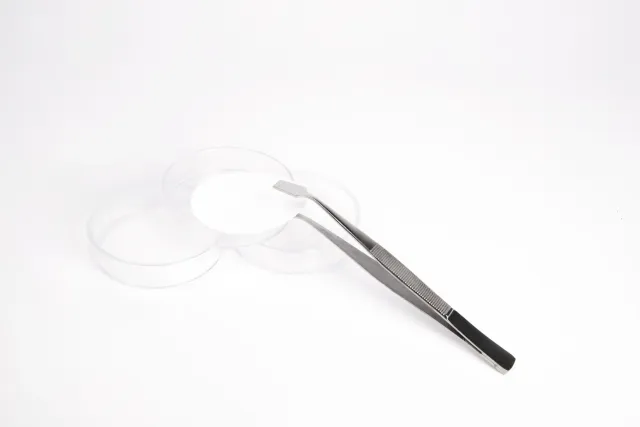Polycarbonate membranes
Polycarbonate membranes are manufactured from a high-quality polycarbonate film using track-etched technology. The resulting membrane is a thin, translucent, microporous polycarbonate film with a smooth, flat surface.
Its pore structure is uniform and very precise with a fairly homogeneous pore size distribution.
The surface makes them ideal for the identification of microorganisms using microscopy or binocular lenses.
It provides perfect sample control, capturing 100% of microorganisms larger than the pore size of the membrane.
Maximum working temperature: 140 ºC.
Applications:
- Particle analysis.
- Epifluorescence microscopy.
- Fluid clarification.
- Cytology.
- Biological assays, cell biology and cell cultures.
- Removal of red blood cells from plasma.
- Water microbiology (Legionella analysis in drinking water according to ISO 11731).
- Environmental analysis (detection of AOX in water).




